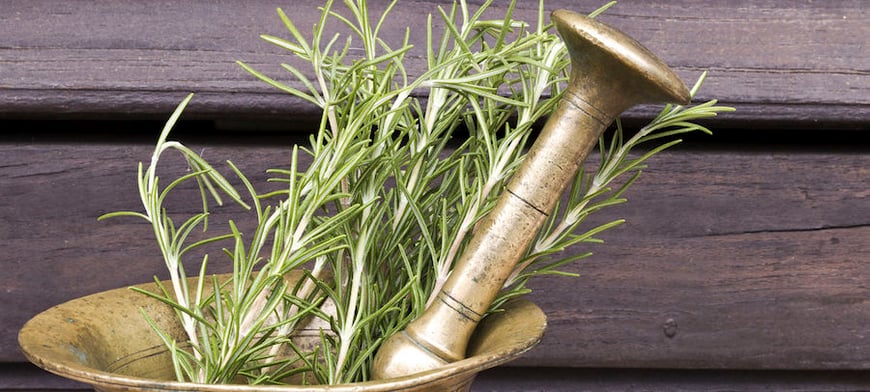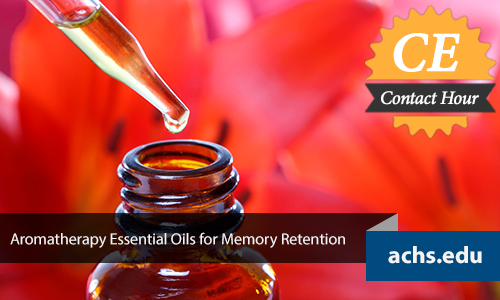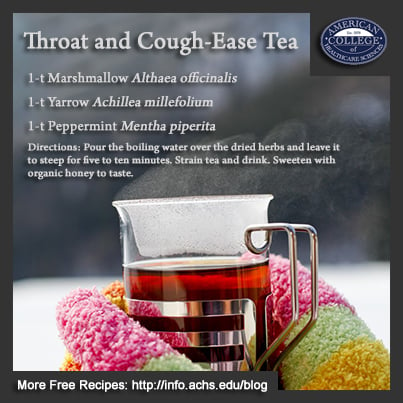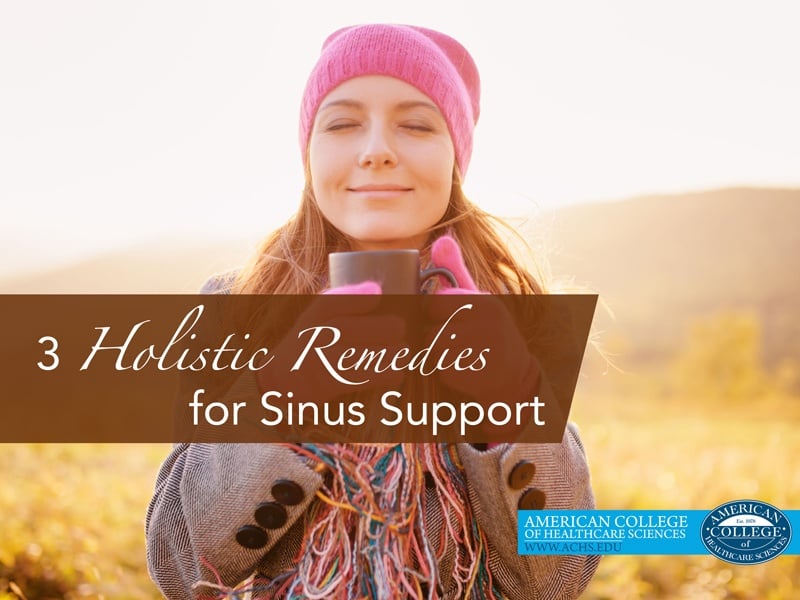
Have you had this happen…You are all ready to go somewhere and you can’t find your car keys. Maybe you’ve walked into a room and suddenly your mind goes blank. What am I here for? The problem is so common that people see it as a “senior moment” and laugh it off.
But is it really so funny? Is it just getting a little older or is it the beginning of dementia? For some of us it is not so funny, especially if Alzheimer’s runs in the family.
Alzheimer’s disease runs in my family and I’ve seen several relatives struggle with the loss of memory, as well as the heartache that the family members go through when their loved one does not recognize them.
If you suspect your experience is more than a “senior moment,” talk it over with your healthcare provider as soon as possible. There are tests now that can detect memory-related challenges before they set in. This kind of information can give you time to develop a healthful lifestyle and head off, or at least postpone, any further health challenges.
There are also a number of herbal preparations that can assist with memory issues, including rosemary Rosmarinus officinalis (L.), periwinkle Vinca minor (L.), ginkgo Ginkgo biloba (L.), gotu kola Centella asiatica (L.), and sage Salvia officinalis (L.). Let’s start with rosemary.
Rosemary Rosmarinus officinalis (L.)
Rosemary is famous for the line in Shakespeare’s Hamlet where Ophelia says, “Rosemary is for remembrance.” Rosemary has been used for centuries for minor memory problems.[1]
A study was done at the University of Northumbria in Great Britain on the aromas of lavender Lavandula angustifolia (Mill.) and rosemary R. officinalis essential oils. This study was done on 144 people randomly assigned to three groups. One group used rosemary essential oil, one group used lavender essential oil and the third group, a control group, had no odor.
The participants were given tests of memory. The lavender group showed a significant decrement in their memory. The results of this study showed that rosemary enhanced the quality of memory but slowed down the speed of memory. [2]
Lavender L. angustifolia and rosemary R. officinalis essential oils are very easy to use. Put a few drops of essential oil in a diffuser and let the aroma disperse throughout the room to create a soothing yet stimulating ambience.
Another study tested the constituent 1,8 cineole. The researchers found that the concentration of this constituent improved performance in speed and accuracy. [3]
The results of the two studies above are somewhat conflicting. The one study showed the improvement of memory but slowness in the speed of memory. The other study showed an improvement in speed of memory. This means that rosemary R. officinalis can help enhance memory, but the jury is still on the speed of the memory.
Periwinkle Vinca minor (L.)
When I think of periwinkle V. minor, I am reminded of the little, delicate blue flowers on fine china and tea ware. But periwinkle has many other uses besides decorating dishes.
Vinpocetine is an extract that comes from periwinkle. It has been used with dementia with some success. In a study of the literature on vinpocetine, it was found that this constituent increased blood circulation to the brain and reduced the loss of neurons. The use of vinpocetine caused a significant amount of improvement in performance on tests reflecting attention, concentration, and memory. [4]
Gingko Ginkgo biloba (L.)
The gingko tree is an ancient tree that has been used from earliest times to enhance brain function. It is one of the best-selling herbs in the U.S. and is widely used in Europe for dementia. Some doctor’s think that gingko G. biloba enhances blood flow to the brain, thereby enhancing memory. [5]
However, there is some debate on whether gingko can help those with degenerative memory diseases. In a study done at the University of Virginia School of Medicine, known as the GEM Study, researchers found that gingko did not lower overall incidence of dementia or Alzheimer’s in elderly people. [6]
This herb is popular, but it is controversial. Work closely with a healthcare provider if you’re interested in adding gingko G. biloba to your herbal routine.
Gotu Kola Centella asiatica (L.) Urb.
Despite its name, gotu kola C. asiatica has nothing to do with the cola used in soft drinks. But, it has been used for memory enhancement in Ayuervedic medicine for hundreds of years. In the book The Way of Ayurvedic Herbs: A Contemporary Introduction and Useful Manual for the World's Oldest Healing System, by K.P. Kalsa and Michael Tierra, the authors write that gotu kola C. asiatica strengthens memory, concentration, and intelligence.[7]
A study of the scientific literature on gotu kola C. asiatica reported comprehensive neuroprotection and the prevention of Alzheimer’s disease. [8]
Sage Oil Salvia officinalis (L.)
Sage is used extensively in cooking. It reminds me of the dressing we make when we stuff a turkey or a seasoning for lentils.
According to folklore, sage has been praised as being useful for memory. In 1597, an herbalist named John Gerard wrote that sage S. officinalis was good for the nerves and memory.
A more recent study done in Australia established that sage improved cognitive function in the subjects studied. [9]
These herbs can be bought loose and made into an infusion, or as an essential oil that is dispersed by a diffuser, and they are available in capsules that can be taken by mouth.
Do you know an herbal remedy for minor memory problems? Share it in the comments section!
[1] University of Maryland Medical Center. (2014, July 6). Rosemary. Retrieved from http://umm.edu/health/medical/altmed/herb/rosemary
[2] Moss, M., Cook, J., Wesnes, K., & Duckett, P. (2003). Aromas of rosemary and lavender essential oils differentially affect cognitive function and mood in healthy adults. Int J Neurosci., 113(1), 15-38. Retrieved from http://www.ncbi.nlm.nih.gov/pubmed/12690999
[3] Moss, M., & Oliver, L. (2012). Plasma 1,8-cineole correlates with cognitive performance following exposure to rosemary essential oil aroma. Therapeutic Advances in Psychopharmacology. Retrieved from http://tpp.sagepub.com/content/early/2012/02/24/2045125312436573.abstract
[4] McDaniel, M.A., Maier, S.F., & Einsten, G.O. (2003). “Brain-specific” nutrients: a memory cure? Nutrition, 19(11-12), 957-75. Retrieved from http://www.ncbi.nlm.nih.gov/pubmed/14624946
[5] University of Maryland Medical Center. (2015, June 22). Ginkgo biloba. Retrieved from http://umm.edu/health/medical/altmed/herb/ginkgo-biloba
[6] National Institutes of Health. (2015, November 30). Questions and answers:
Ginkgo biloba for the evaluation of memory (GEM) study. Retrieved from https://nccih.nih.gov/research/results/gems/qa.htm
https://nccih.nih.gov/research/results/gems/qa.htm
[7] Kalsa, K.P., & Tierra, M. (2008). The way of Ayurvedic herbs. Lotus Press.
[8] Orhan, I.E. (2012). Centella asiatica (L.) Urban: from traditional medicine to modern medicine with neuroprotective potential. Evid Based Complement Alternat Med., 2012: 946259. Retrieved from http://www.ncbi.nlm.nih.gov/pmc/articles/PMC3359802/
[9] Schooley, A., Tildesley, N., Ballard, C., & Kennedy, D. (2008). An extract of Salvia (sage) with anticholinesterase properties improves memory and attention in healthy older volunteers. Psychopharmacology, 198(1), 127-39. Retrieved from https://www.researchgate.net/publication /5502737_An_extract_of_Salvia_sage_with_anticholinesterase_properties_improves_memory_and_attention_in_healthy_older_volunteers
This article is for informational purposes only. It is not intended to treat, diagnose, cure, or prevent disease. This article has not been reviewed by the FDA. Always consult with your primary care physician or naturopathic doctor before making any significant changes to your health and wellness routine.
Disclosure of Material Connection: I am a graduate of American College of Healthcare Sciences, the Institution that publishes this blog. However, all opinions are my own. This blog may contain affiliate links. I am disclosing this in accordance with the Federal Trade Commission’s 16 CFR, Part 255: “Guides Concerning the Use of Endorsements and Testimonials in Advertising.”





